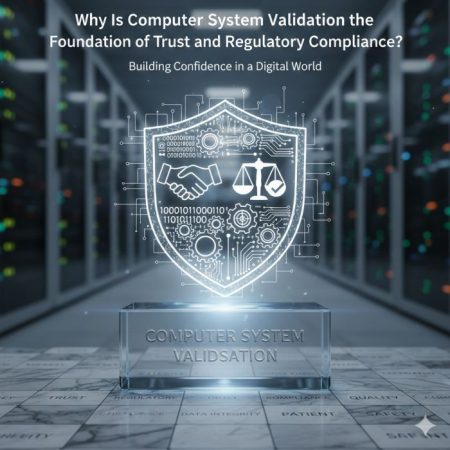When you run a business online or you have an online portion of your business, you need to make sure that your website and the associated social media accounts can offer your customers a seamless and enjoyable journey to purchasing your services or buying your products.
Of course, you also need to make sure that your site has all of the essential security features to keep your customers’ information safe, as well as protect payment data.
If it’s been a while since you’ve done this, here are some signs that it may be time for a cybersecurity upgrade.
Your Site Doesn’t Use HTTPS or Modern SSL Certificates
If your company site loads as “http://” or your SSL certificate is outdated, internet browsers will flag the page as not secure, which will not only deter customers but, under Google’s new search engine optimisation (or SEO) policy, will also lead to your page dropping in the rankings. So, it is best to contact a website security company, like Red Canary, to make sure that your site has modern SSL/TLS encryption, which renews automatically, protecting all the data on your page.
You Haven’t Updated Plugins, Themes, or CMS
When you first started your website, WordPress was the newest option. However, in recent times, content management systems like Magento, Shopify, or WordPress have become susceptible to hackers. A study by Wordfence in 2024 found that over 60% of all hacked WordPress sites were operating with out-of-date software.
Rather than relaunching the whole page, have automatic updates or monthly patch reviews, and be sure to remove any unused plugins to prevent attacks and leaks.
Weak Logins
It has been a joke on many TV shows that a company website has a login code of something like “12345” but if you have a weak password, shared credentials for all staff, or your website requires single-factor authentication to access, your page is at risk.
Enforce strong password policies among your staff, install multifactor authentication (MFA), and check admin access at least once a month.
Slow Loading
If your website is loading slowly, has bizarre redirects, or is now showing unexpected pop-ups, this can point to malware or hidden scripts. Hackers will usually hide these in the background themes of websites, plug-ins, or even JavaScript libraries. To prevent this, use website integrity monitoring and malware scanners to detect and stop unknown code on the page.
No Back-Up Or Response Plan
If your company page crashed, how quickly would you be able to get it up and running again? You need to make sure that you have a formal response plan, as well as reliable off-site back-ups, as even being down for an hour can cost your company thousands in lost revenue.
This can be achieved by implementing automated daily backups to a separate location and having a clear response protocol for data loss and ransomware issues. The reality is that in the online world, with the growing use of AI, cyber threats are evolving quickly, which makes it all the more important to make sure that your website and business data are protected. So, if you notice any of the signs listed here, now is the time to have your site reviewed by a web security company to prevent hacks and data leaks.






